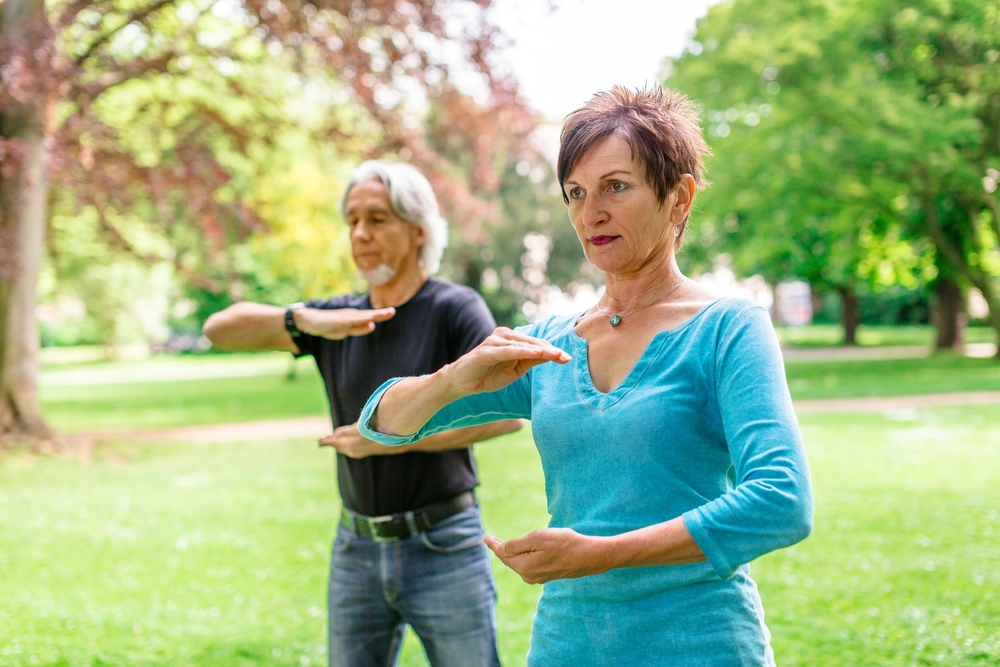Pulmonary Rehabilitation May Improve Exercise Capacity and Quality of Life of IPF Patients, Review Study Suggests
Written by |

Pulmonary rehabilitation — a multidisciplinary intervention designed to manage the symptoms of different chronic lung diseases — may improve the exercise capacity and quality of life of patients with idiopathic pulmonary fibrosis (IPF) without generating any adverse events, a review study has found.
The study, “Pulmonary Rehabilitation for Exercise Tolerance and Quality of Life in IPF Patients: A Systematic Review and Meta-Analysis,” was published in the journal BioMed Research International.
Pulmonary rehabilitation is a program that combines aerobic exercise, respiratory muscle training, oxygen therapy, nutritional intervention, education, and self-management approaches, among others.
This non-pharmacological therapy was designed to improve the quality of life of patients with chronic respiratory diseases, and slow their disease progression. It has been associated with an increase in exercise capacity and a reduction in breathlessness.
However, the evidence supporting the effects of pulmonary rehabilitation in people with IPF is inconclusive.
Therefore, the current review study compared the results of various randomized, controlled trials, performed between 2008 and 2016, assessing the efficacy and safety of pulmonary rehabilitation in patients with IPF.
Data from five trials performed in different countries over three continents (Asia, Europe, and North America) were analyzed, and included 190 IPF patients who did not have other inflammatory lung diseases.
A total of 95 patients underwent pulmonary rehabilitation for 10 to 12 weeks, and the remaining patients acted as the control group.
The studies evaluated exercise capacity (assessed by the six-minute walk time and distance), lung function (measured by forced vital capacity and diffusing capacity of the lungs), quality of life (evaluated by the St. George’s Respiratory Questionnaire), and adverse events related to the treatment.
Results showed that pulmonary rehabilitation increased the six-minute walk distance by a mean difference of 53.62 meters for participants in Asia and by 54.10 meters for participants in Europe. No significant difference was observed in patients from North America.
Forced vital capacity, and values on the St. George’s Respiratory Questionnaire improved significantly in the pulmonary rehabilitation group, when compared with the control group.
Pulmonary rehabilitation was not associated with any adverse side effects.
“This study suggests that PR [pulmonary rehabilitation] may enhance exercise capacity and improve quality of life in IPF patients. Besides, PR may also delay the decline of lung function of patients with IPF,” the researchers concluded.
The team emphasized that more research is needed to confirm these results.





